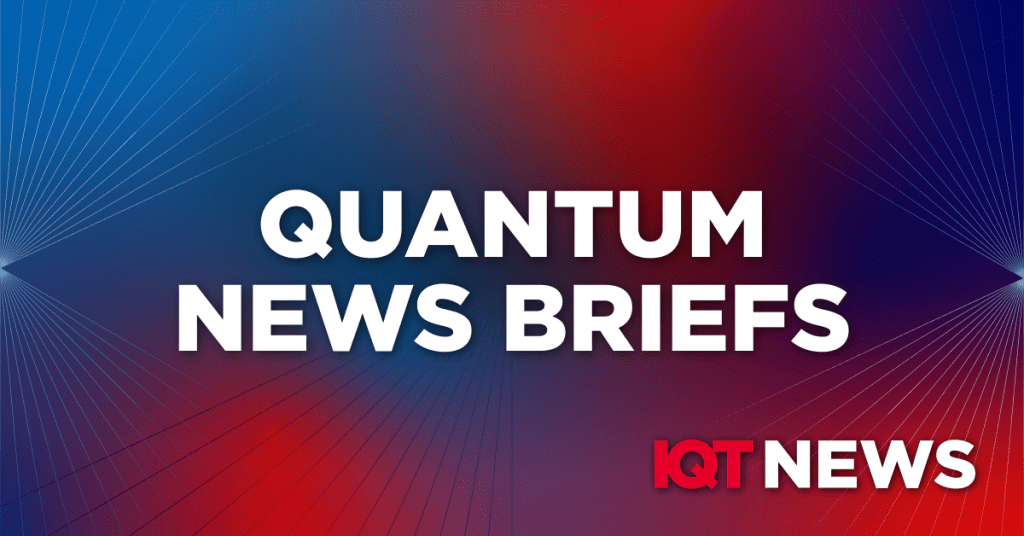Zapata AI to Cease Operations, Terminates All Employees
In a regulatory filing AI Zapata AI disclosed that on October 7 that the board of the company approved the termination of all of the company’s employees, except for a small number of employees to be retained for a short period to administer termination of business activities, including Sumit Kapur, the company’s CFO. All such employees were terminated effective October 9. Such actions took place in connection with a planned cessation of the company’s operations. The company cannot currently estimate the charges.
China to Launch New Quantum Communications Satellites in 2025
China will launch new quantum satellites into low Earth orbit next year, according to a scientist leading the project. Two to three quantum communications satellites will be launched into low Earth orbit (LEO) next year according to Pan Jianwei, the scientist behind China’s 2016 Mozi/QUESS quantum experiments satellite, as reported by Andrew Jones in October 8 Space News.
Pan, head of the Institute of Quantum Information and Quantum Technology under the Chinese Academy of Sciences (CAS), stated that a further satellite will be launched into medium Earth orbit in 2027. He added that China expects to make breakthroughs in quantum relay technologies in the next five to six years to enable a quantum communications network.
China launched the pioneering Mozi satellite in 2016 to test quantum physics in space, particularly focusing on quantum communication and encryption. Developed under CAS, it demonstrated quantum key distribution (QKD) and quantum entanglement over unprecedented distances.
Qunova Becomes First to Achieve ‘Chemical Accuracy’ On Commercial Quantum Computers with Its Hardware Agnostic Algorithm
In each demonstration, Qunova’s algorithm was able to produce results with accuracy below the threshold of 1.6 millihartrees required for real-world quantum chemistry applications, a level known as ‘chemical accuracy’. This marks the first time this has been achieved on a commercially available device.
These results indicate that the quantum algorithm Qunova has developed is hardware-agnostic. These tests were conducted on a range of different molecules including lithium sulfide, hydrogen sulfide, water and methane.
US & India Announce Grants of Over $2M for AI & Quantum Technology Projects for Social Good
The US and India have announced grants of over USD 2 million for joint research projects aimed at advancing artificial intelligence (AI) and quantum technologies for social good as reported by October 14 Lastly World News.
This announcement was made during an event hosted by US Ambassador Eric Garcetti and Seth Center, Acting Special Envoy for Critical and Emerging Technologies, along with Indian Minister of State for Science and Technology Jitendra Singh and other top officials, the US Embassy said in a statement.
The grant competition if part of the US-India Initiative on Critical and Emerging Technologies.
